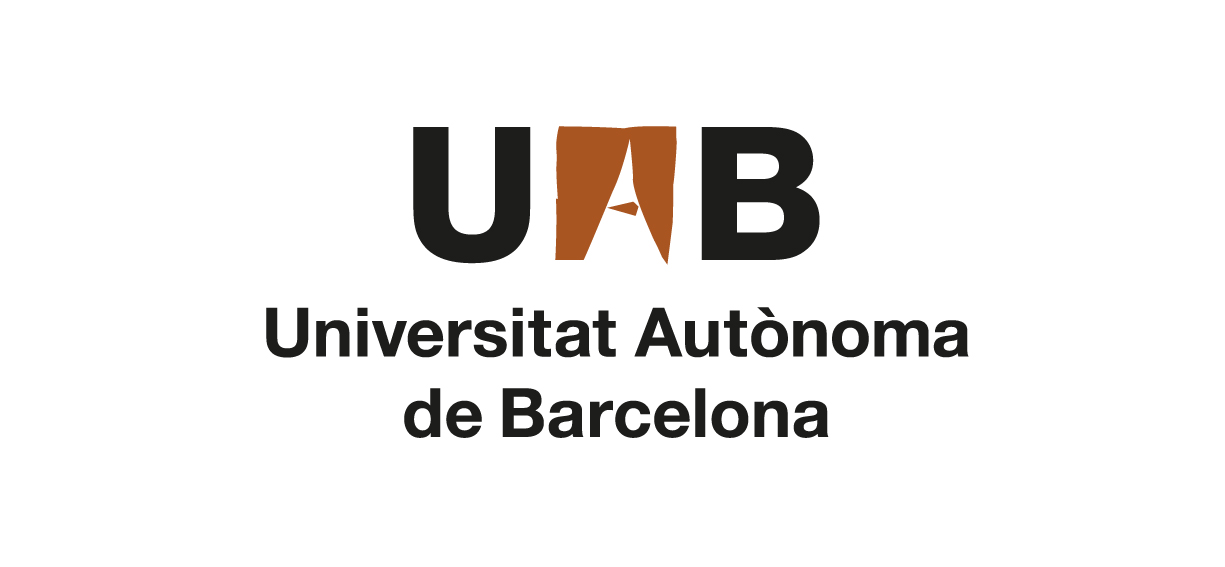
Autonomous University of Barcelona
If you are the contact person for this centre and you wish to make any changes, please contact us.
Member of the Water and Global Change Research Group at the Centre for Research in Ecology and Forestry Applications (CREAF), at the Autonomous University of Barcelona
PhD in Psychology in the Department of Psychiatry and Legal Medicine at the Universitat Autònoma de Barcelona and coordinator of the GRETA group (Research Group on Evaluation and Treatment of Self-harm)
Associate Professor (Professor Agregat Serra Hunter) at the Department of Applied Economics of the Universidad Autónoma de Barcelona (UAB), and Adjunct Lecturer at the Study Abroad Program of the Fundació UAB.
Head of Adult Mental Health at Fundació Hospitalàries Barcelona, assistant psychiatrist at the Vall d'Hebron University Hospital psychiatry department, and associate professor in the Department of Psychiatry and Legal Medicine at the Autonomous University of Barcelona (UAB)
Professor of Ecology at the Autonomous University of Barcelona and CREAF researcher
Senior researcher at the Institute of Environmental Science and Technology (ICTA-UAB) of the Autonomous University of Barcelona
Professor Emeritus of Psychobiology at the Autonomous University of Barcelona (UAB) and full member of the Spanish Academy of Psychology
Coordinator of the Neuro-oncology Unit of the Bellvitge Biomedical Research Institute (IDIBELL) and researcher of the Neuroplasticity and Regeneration Group of the Autonomous University of Barcelona
Juan de la Cierva researcher in the Department of Geology at the Autonomous University of Barcelona
Head of the Diabetes Immunology Group at the Germans Trias i Pujol Research Institute (IGTP, Badalona) and associate professor of Immunology at the Autonomous University of Barcelona
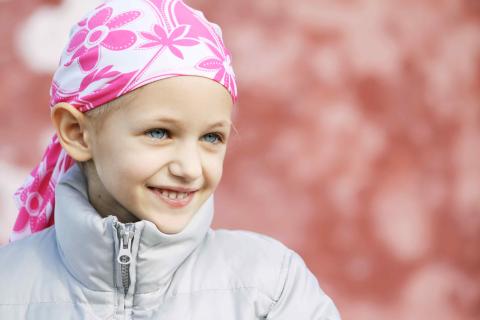
So-called precision oncology involves the use of drugs that target specific molecular alterations in the tumour. These therapies are usually tested in clinical trials in adults and most have not been approved for use in children. An opinion article calls for these trials to be extended to children as well, given the difficulty of conducting such trials in children due to the small number of cases. According to the authors, who publish the text in the journal Trends in Cancer, given that children and adolescents tend to tolerate therapy better than older adults, ‘the time has come to consider age-agnostic approvals, i.e. approvals that include children and adults of any age’.

A new study sheds light on how the brain adjusts its ‘wiring’ during learning, concluding that different dendritic segments of the same neuron follow different rules for communicating through their connections - synapses. The findings challenge the idea that neurons follow a single learning strategy and offer a new perspective on how the brain learns and adapts its behaviour. The work, carried out in mice, is published in the journal Science.
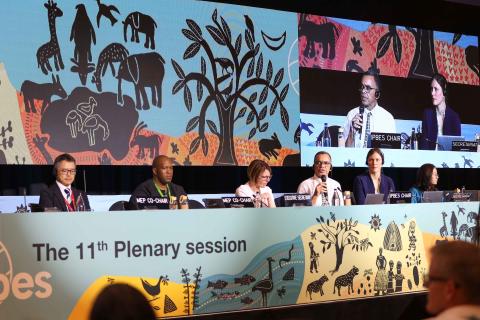
Meeting in the city of Windoek (Namibia), the plenary of the IPBES - Intergovernmental Science-Policy Platform on Biodiversity and Ecosystem Services - has ratified two new reports: the Nexus Assessment and the Transformative Change Assessment. Three of their authors explained the main findings and the changes they propose at a briefing organised by SMC Spain.

A team of researchers has analysed the evolution of 4,550 people aged 25 to 65 diagnosed with type 2 diabetes who had been studied for 30 years in the UK. They found that those diagnosed before the age of 40 had a risk of dying almost four times higher than in the general population. If diagnosed later, the risk was 1.5 times higher. The authors publish their findings in the journal The Lancet Diabetes & Endocrinology.

A report by the Lancet Commission on Self-Harm highlights that at least 14 million episodes of self-harm occur each year - particularly among young people and in low- and middle-income countries. The paper argues that their impact has been neglected by governments globally and sets out a series of recommendations to reduce their incidence.
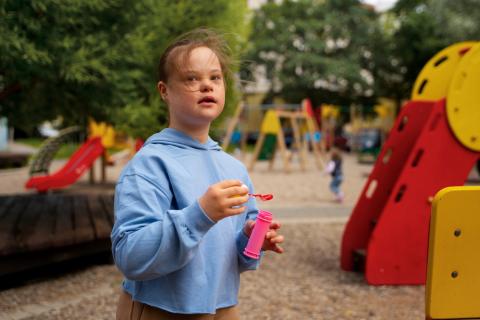
Newborns with Down syndrome, as they grow, face a higher risk of developing leukemia compared to those without the syndrome. An international team has sequenced the genes of more than 1.1 million cells from fetuses with and without Down syndrome, and it has discovered that the extra chromosome 21 they have alters the way DNA is packaged inside cells. According to the authors, whose research is published in Nature, this difference affects the regulation of certain genes and may contribute to the development of leukemia.

An international team of researchers has analyzed various data sources and scientific literature and identified 3,601 chemical substances in human samples such as blood, urine or breast milk that are known to be in contact with food, for example, because they are used in packaging. According to the authors of the study, “this work shows that food contact materials are not completely safe, even if they comply with regulations, because they transfer known substances to food". The research is published in the Journal of Exposure Science and Environmental Epidemiology.
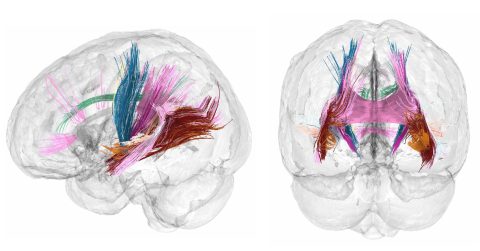
A study describes changes in a woman's brain during and after pregnancy, including a ‘pronounced’ decrease in grey matter volume and cortical thickness, and an increase in ventricular volume and cerebrospinal fluid. Some of the changes are maintained in the postpartum period; others reverse within months. The team performed 26 MRI scans and blood tests on one mother, from pre-conception until two years postpartum, and publish the results in Nature Neurology.

Brain maturation is measured by the thickness of the cortex. It is known that stress accelerates cortical thinning, which is associated with a higher risk of developing neuropsychiatric disorders. A study published in PNAS analyzes MRI data collected from 160 adolescents before COVID-19 and from 130 of them after the measures implemented during the pandemic. The comparison of brain structure before and after reveals accelerated cortical thinning which, measured in terms of equivalent years of brain development, was 4.2 years in girls and 1.4 years in boys.brain maturity

An international team of researchers has studied 241 brain-damaged people apparently unable to respond to external stimuli. Using techniques such as functional magnetic resonance imaging and electroencephalogram, they have detected signs of brain activity in 25 % of them that, according to the authors, ‘suggest that they may be interacting with the outside world’. The results are published in the journal NEJM.